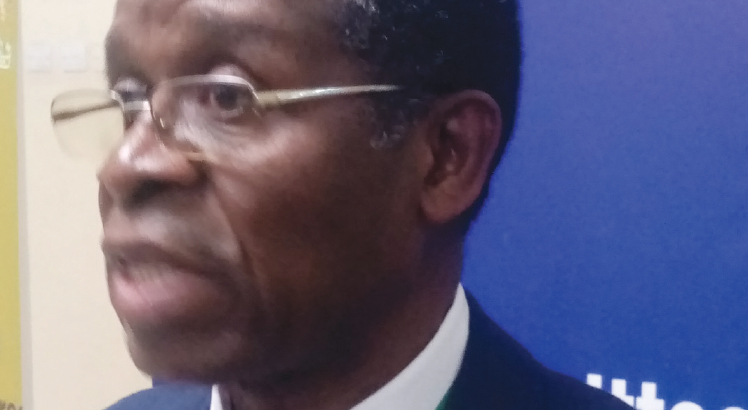Minister says appetite for imports puts Malawi at risk
The Southern African Development Community (Sadc) Committee of Ministers of Trade chairperson Mark Katsonga Phiri has warned that Malawi is in trouble if it does not cut on imports.
He said this on Friday after Sadc 33rd Committee of Ministers of Trade Meeting in Lilongwe agreed that member States should fully implement free trade area and remove any barriers to free trade in the region.
The committee agreed that every country should sign up for the Sadc free trade area to promote trade in the region.

Katsonga Phiri, who is Malawi’s Minister of Trade, said as much as the country supports the free trade area both at the regional and continental level, it risks being heavily affected as it has a big appetite for imports.
He said there is need for a mindset change to replace imports with local products.
Said Katsonga Phiri: “It is now up to Malawians, to change their mindset to ensure that our hunger for imports is tamed. We can only create jobs if we buy locally produced products. If we want to be fed by other countries then we will never create jobs.”
He said the free trade agreements give Malawi only 12 months to ensure that goods from South Africa enter duty-free. Currently, Malawi is charging 2 percent duty on all taxable goods from South Africa.
“To be clear, only goods with raw materials from South Africa will be the ones entering Malawi duty-free,” said Katsonga Phiri.
He said the Sadc committee agreed on certificate of origin to ensure other countries are not used by some big economies to export goods to countries in the region.
Other countries that are to remove tarrifs are Tanzania which charges duty on sugar imported from countries in the Sadc region and Mozambique which imposes tarrifs on goods passing through that country.
The countries will decide the time frame to remove the tarrifs.
Sadc executive secretary Elias Magosi said the secretariat will hold member States accountable for the trade agreements.
“Implementation starts with member States recognising that they have agreement and trade protocols to follow. When member States don’t follow up on these things it will become a challenge,” he said.






One Comment